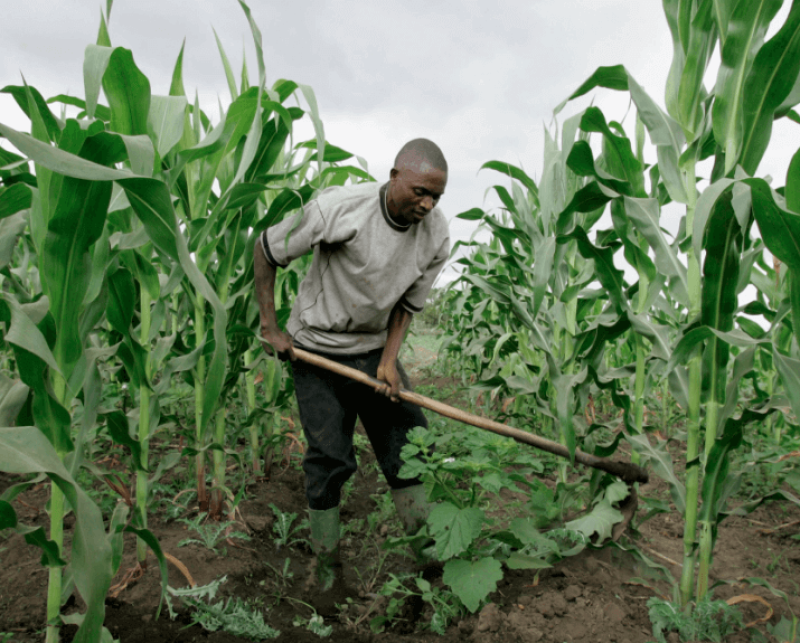[Editor’s note: Wandile Sihlobo is an agricultural economist and head of agribusiness research at the Agricultural Business Chamber (Agbiz) in South Africa.]
South Africa was the first country on the continent to commercialise biotech production of cotton, maize and soybean in 2002 and is currently the largest producer of GM crops on the continent and the ninth largest producer of GM crops in the world.
Although opinions about GM crops tend to differ, based on production volumes, South Africa has seen tremendous gains. Before the introduction of GM maize, average yields in South Africa were around 2.4 tonnes per hectare, but these increased to around 5.3 tonnes per hectare in the 2013/2014 production year, which is the highest average commercial yield on the African continent to date. Meanwhile, sub-Saharan African average maize yields have remained at levels below 2 tonnes per hectare. Much of this can be attributed to lack of GM crops adoption.
More recently, the GM maize crops have proven to be slightly more tolerant against the armyworm pests in some regions of South Africa.
…
Africa’s agricultural sector will need to devise strategies that will allow the sector to thrive and adapt in these unpredictable climatic changes. One way of this is through seed development that will enable farmers to produce food with limited water intake.
The GLP aggregated and excerpted this blog/article to reflect the diversity of news, opinion, and analysis. Read full, original post: Africa Needs To Adapt To The Changing Climate































